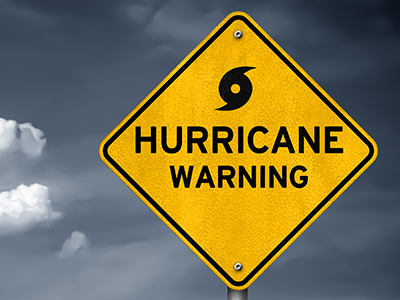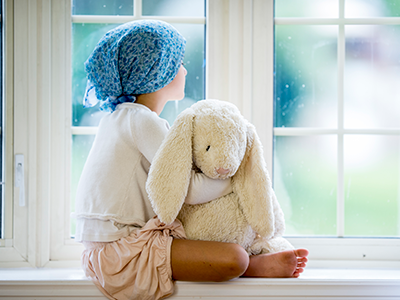One of the most difficult things about parenting is meltdowns. They happen seemingly out of the blue and can derail all plans. In our house, we are working hard to get them under control, so I thought I would share a few words of advice on dealing with meltdowns, as I imagine I’m not the only parent experiencing this particular joy of parenthood.
Key components for managing meltdowns
- Prevent when possible.
- Have a preset plan to deal with them when they arise.
Preventing meltdowns
- Try to identify any events that precede the meltdowns or situations that increase the likelihood so you can deal with those precursors. For example, keep a log of when meltdowns occur and note:
- Time of day
- Hunger level
- Fatigue level
- Stress level
- Who was present
- If you can identify a problem, try to change it. For us, I noticed the meltdowns occurred when L was hungry. If I gave her something small to eat, she magically transformed into her sweet self again. We were experiencing most of the meltdowns in the morning when getting ready, so now I bring up a small drinkable yogurt drink that she drinks when she wakes up and that allows her to manage her emotions much better.
- Talk to kids when they are calm about what makes them get upset and tell them what you see happening (for example, “I’ve noticed that when you’re really tired, you tend to start feeling bad and then get into trouble.”).
- Help teach your kids coping tools they can use to deal with those situations instead of melting down (for example, “When you start feeling really upset, pretend you are blowing up a big balloon – get as much air in your tummy as you can and then blow out as much and as slowly as you can”). Practice when they are not having a meltdown.
Dealing with meltdowns
So, when prevention doesn’t work, what do you do when your child is having a meltdown? Some of this is trial and error based on the child, but there are a few things to try.
- Ignore. This is hard, but as long as the child is not hurting themselves or someone else, say, “I see you are having a hard time. When you are ready to calm down and talk, let me know. I’ll be downstairs.” Walk away. This drives L crazy, for instance, but stops the behavior pretty quickly. The other day when my husband ignored her when she was having an outburst, she followed him and said, “Daddy, did you hear me? I called you a mean, stupid Daddy!” but when he still didn’t respond, she came to him to apologize, because she desperately wanted his attention and being nice was the only way to get it.
- Have a preset list of behaviors that get a consequence no matter what and then enforce. In our house, that is hitting or kicking. When that happens, L’s beloved lovey gets a time out.
- Reward good behavior. When a consequence happens, depending on how the child responds, we often give L the opportunity to get the taken item back by pulling herself together. We’ll say, “If you can use nice words, stop screaming, and pick up the mess you just made, then you will get your bunny back.” This works well for us. She is then motivated to behave the way we would like for her to and has an opportunity to repair the damage.
It is exhausting, for sure, but be persistent! This too shall pass and will pass more quickly and your child will learn some good coping and self-regulation skills if you help them through this time.
 https://riseandshine.childrensnational.org/wp-content/uploads/2025/03/kids-party-feature.jpg
300
400
Rise and Shine
https://riseandshine.childrensnational.org/wp-content/uploads/2017/11/childrens_riseandshine_logo.jpg
Rise and Shine2025-03-24 16:37:472025-03-24 16:40:16The truth about measles parties: Why vaccination is always the safer choice
https://riseandshine.childrensnational.org/wp-content/uploads/2025/03/kids-party-feature.jpg
300
400
Rise and Shine
https://riseandshine.childrensnational.org/wp-content/uploads/2017/11/childrens_riseandshine_logo.jpg
Rise and Shine2025-03-24 16:37:472025-03-24 16:40:16The truth about measles parties: Why vaccination is always the safer choice





















Leave a Comment
Want to join the discussion?Feel free to contribute!